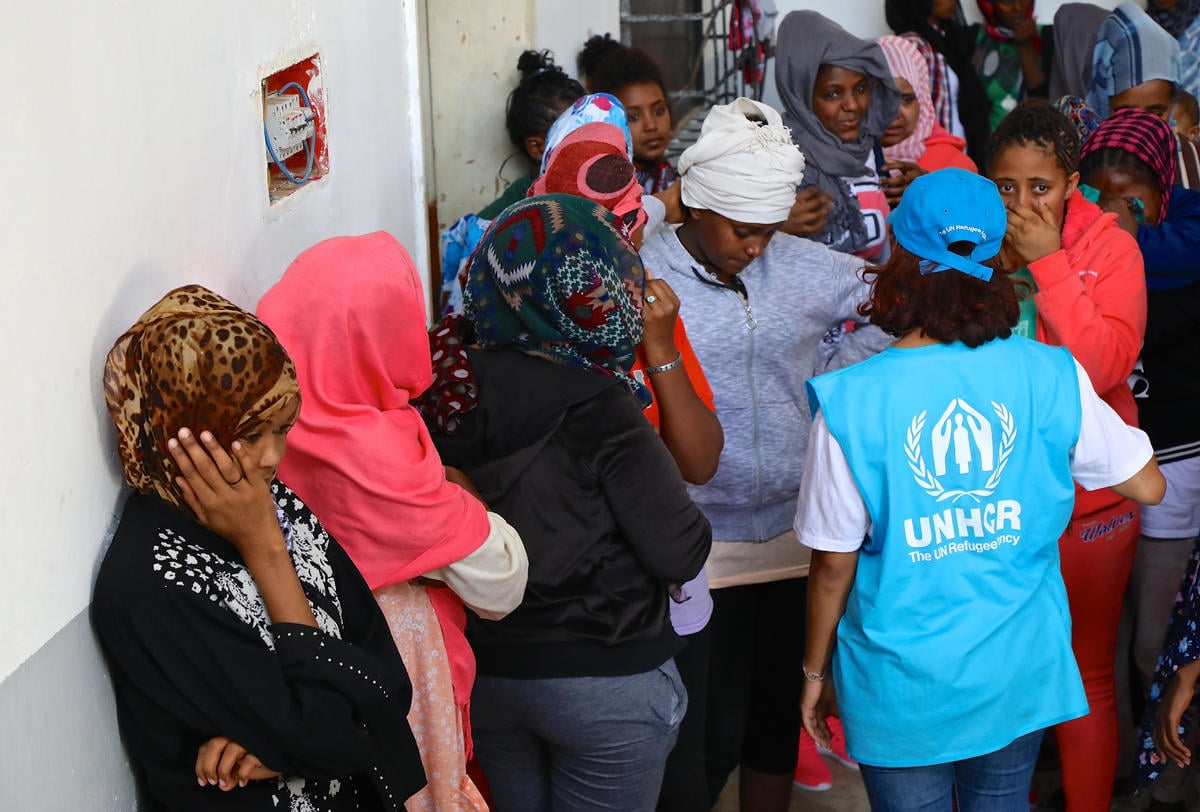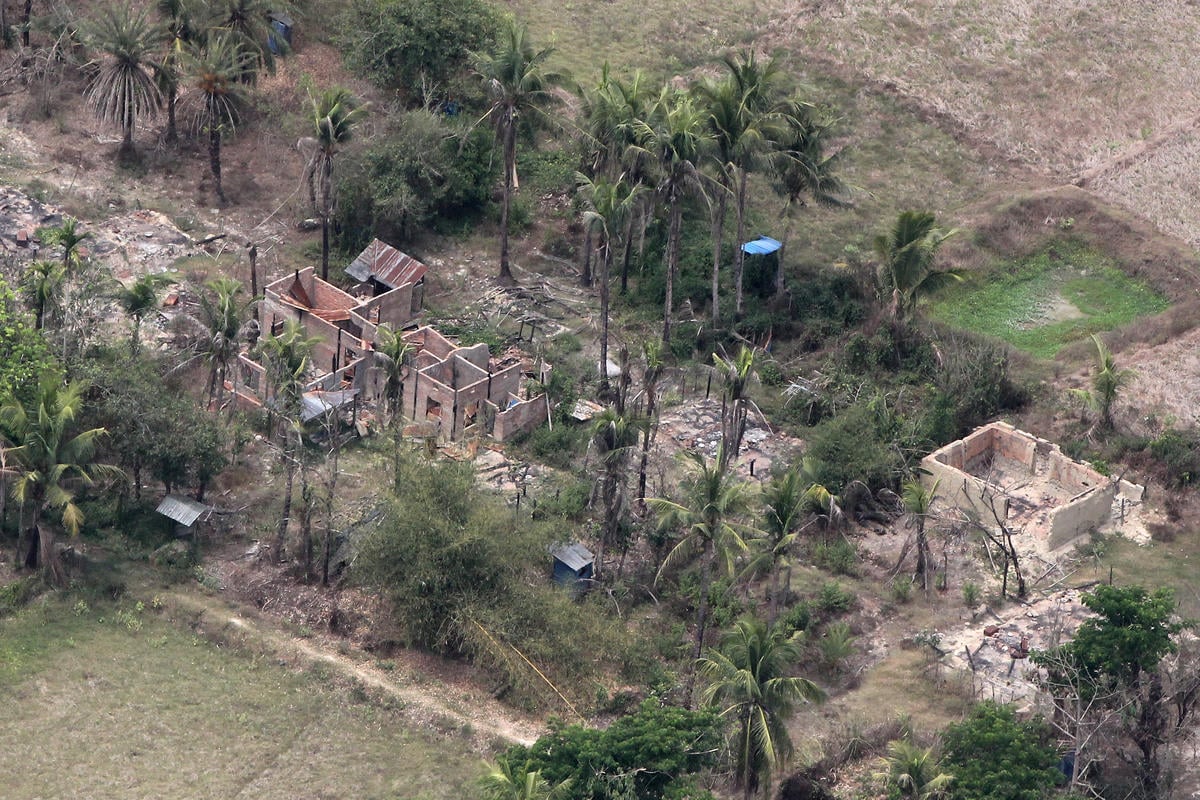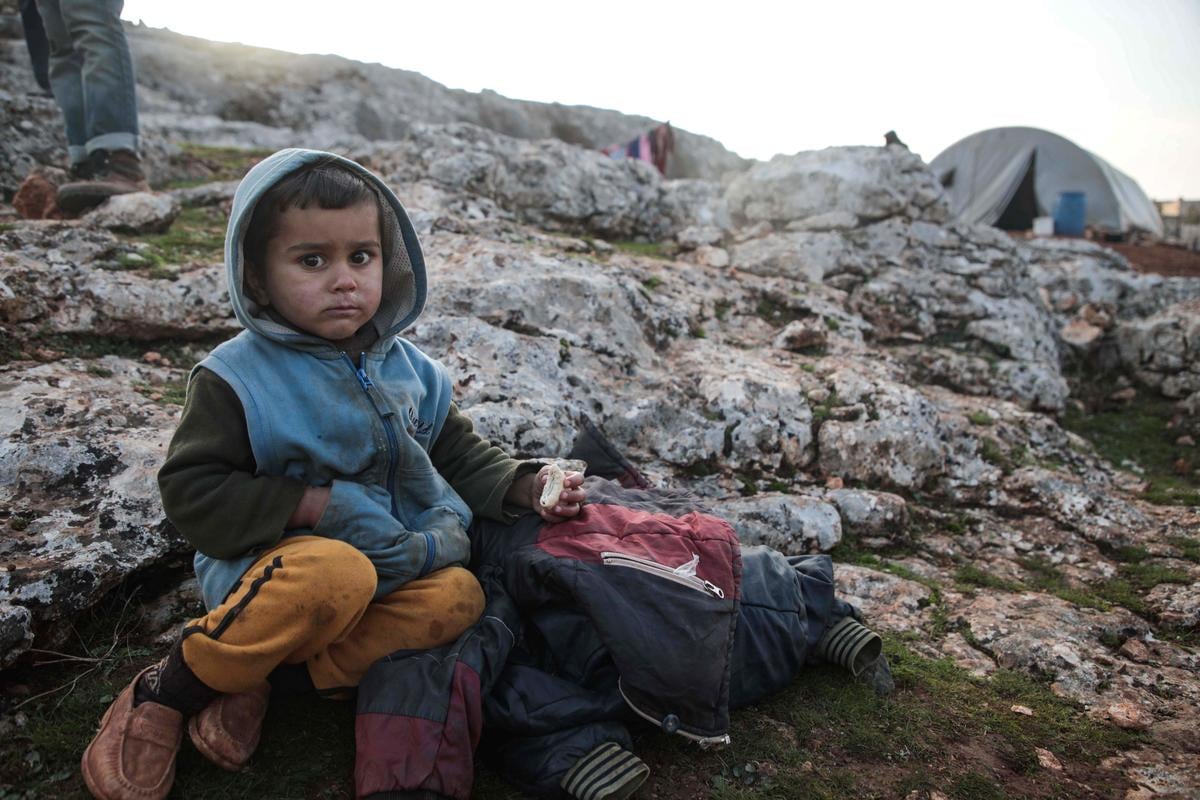UNHCR urges dialogue to end herder, farmer clashes in Nigeria
UNHCR urges dialogue to end herder, farmer clashes in Nigeria

GENEVA, May 6 (UNHCR) - UNHCR, the UN Refugee Agency, is calling for urgent action to end growing tension and clashes between nomadic livestock herders and arable farmers that have left several hundred people dead and tens of thousands displaced this year in fertile regions of Nigeria.
The latest clashes were reported last week, when Fulani nomads attacked villages in Ukpabi Nimbo district in south-east Nigeria's Enugu state, leaving homes destroyed, more than 40 people dead and forcing hundreds to flee.
This came some two months after attacks in neighbouring Benue killed an estimated 300 people and displaced more than 100,000 within the state, with some 7,000 staying in camps and the rest living with relatives, according to UNHCR staff members who later visited the area.
The nomads and local population in Benue have clashed before, but the late February surge in violence in 10 districts was particularly alarming and UNHCR fears that the problem could flare up again and spin out of control unless immediate measures are taken, including a greater security presence.
UNHCR calls on the Nigerian government, with support from the international community, to help facilitate stepped up inter-communal dialogue in states such as Benue, Taraba and Enugu and to work with civil society, including traditional and religious bodies, to address the causes of a conflict that has simmered for two decades. UNHCR also seeks increased assistance for the displaced, especially women and children.
Advancing desertification, overgrazing and lower rainfall in recent years has exacerbated the situation by pushing nomads from northern regions to the richer agricultural land further south. The latest clashes were triggered by disagreement over grazing routes and encroachment on farmland.
UNHCR led a mission in late March to assess the situation in Benue state after the February attacks and the needs of those affected. The team visited villages in the Agatu district that had been torched and razed to the ground. Most villages were deserted, their schools, churches and health clinics destroyed.
Villagers were staying in makeshift sites and were in need of food, shelter, emergency aid items, medicine and health care, psycho-social support and other assistance. UNHCR and its partners have been providing shelter, basic aid items and livelihood support for the displaced, including those affected by the latest clashes.
Since 2011, when the clashes between herders and farmers began increasing, some 400,000 people have been forcibly displaced in sporadic bursts of violence. About 80 per cent of them have returned home, but they still face many challenges.
The dispute between herders and farmers is separate from the government's struggle in recent years with the Boko Haram insurgency in the north-east of Nigeria, which has displaced some 3 million people within Nigeria and to neighbouring countries.
Nomad groups range with their livestock from Senegal and Mali in West Africa to Chad and Central African Republic. They have clashed with people in some of these countries over grazing and land transit.









